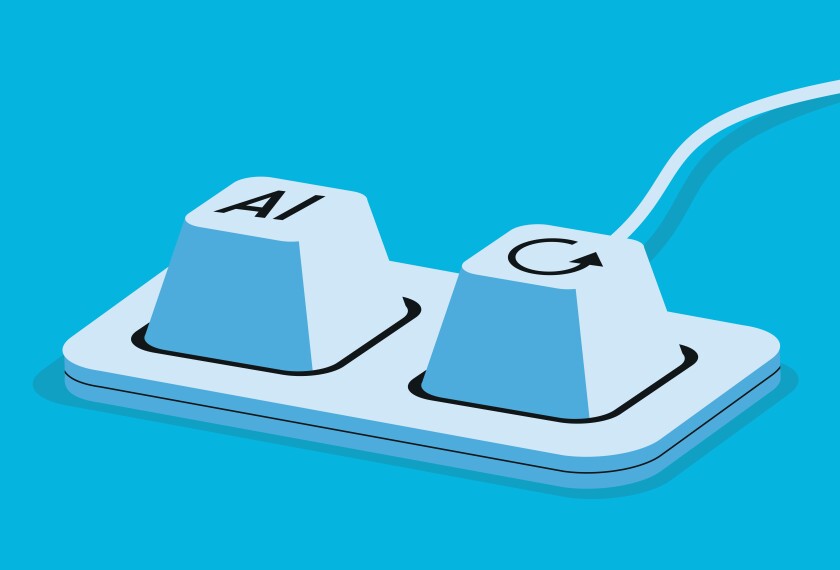The debate over the merits of computer-based instruction has been joined by three researchers at the University of Michigan, who say that most studies indicate that students using computers perform better than other students.
The researchers analyzed data from 52 independent studies of all forms of computer instruction. According to their analyses of the studies’ findings, students receiving some form of computer-based instruction got better scores on tests, reduced the time they needed to study, and had more positive attitudes about their studies and technology than students who did not have access to computers.
Studies Examined
The report, published in the February issue of the Journal of Educational Psychology, examined the results of studies of computer instruction covering the 6th through 12th grades. The studies had been published over the last 15 years.
The researchers noted five ways that computers are used in schools--drill and practice, tutoring, computer-managed instruction, simulation, and programming.
The researchers--James A. Kulik, Robert L. Bangert, and George W. Williams--found that students using computers performed better than others in 39 of the 48 studies that included results of final examinations.
Of the 25 studies with statistical significance, 23 showed better scores for students who used computers.
The examination scores of students using computers appeared to have risen in recent years in relation to those of other students, the researchers reported. They said they doubted that this difference was due to a change in the quality of research designs.
“It seems more likely,” their report said, “that instructional technology has simply been used more appropriately in recent years.”
Some educators have questioned the validity of computers as means of instruction, saying that past experiments with instructional television and movies had failed and that computers would not be much different.
Even advocates of computer-based learning have said that there is little good commercial software available.
Although the researchers gave computer-based instruction high marks, they also noted that past studies indicated that peer- and cross-age tutoring might be even more effective than the computer as an instructional device.
“In terms of exam performance, peer tutoring looks a little better: the record is a little stronger,” said Mr. Kulik, the research scientist at the university’s Center for Research on Learning and Teaching. “Some people who have looked at that say that since it’s a little less expensive, it’s the way to go.”
Only two of the studies examined the amount of classroom time that can be saved through computer-based learning.
One reported a 39-percent savings, and the other reported an 88-percent gain.
Studies of student attitudes to-ward the computer and the subjects taught with it found that students “tend to feel positive” about the equipment, Mr. Kulik said.
Five of the studies measured the effects of computers on the students’ retention of information over periods of two to six months. Students using computers measured higher in four of the studies, but the difference was not statistically significant. In the fifth study, the control group received significantly higher scores.
Mr. Williams is an associate director of the university’s Media Resources Center and Mr. Bangert is a doctoral candidate in education and psychology.--ce




